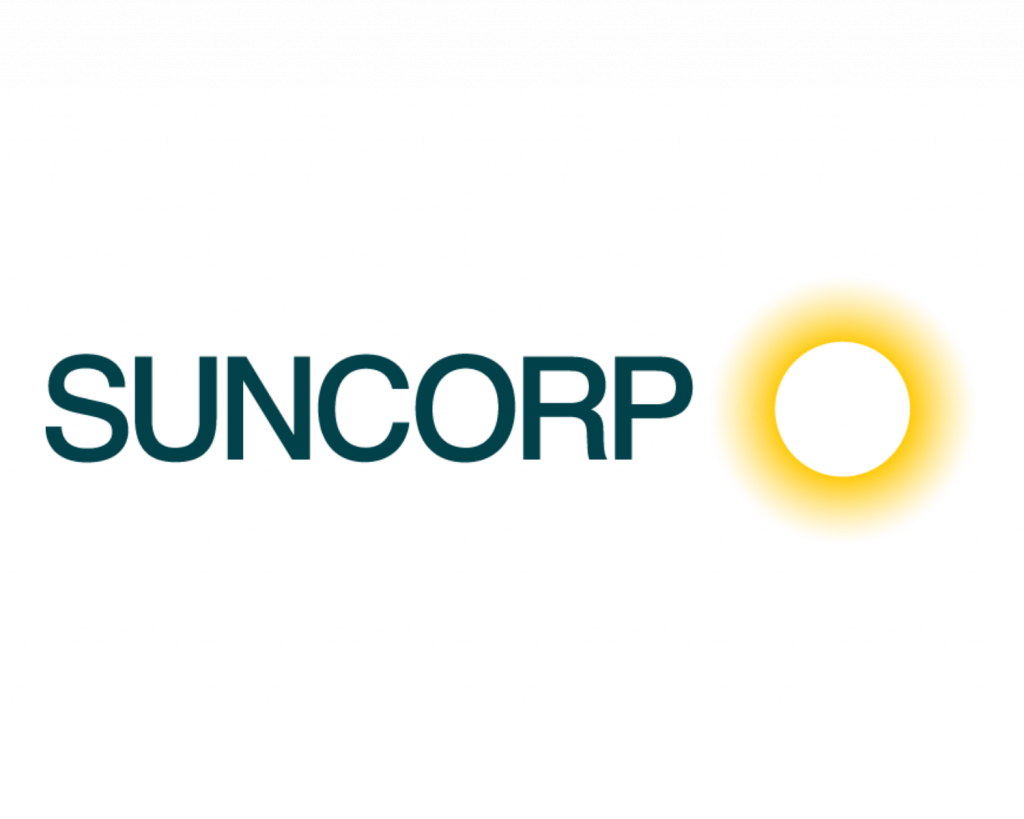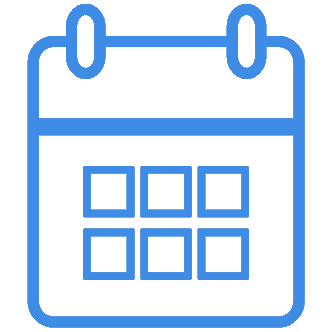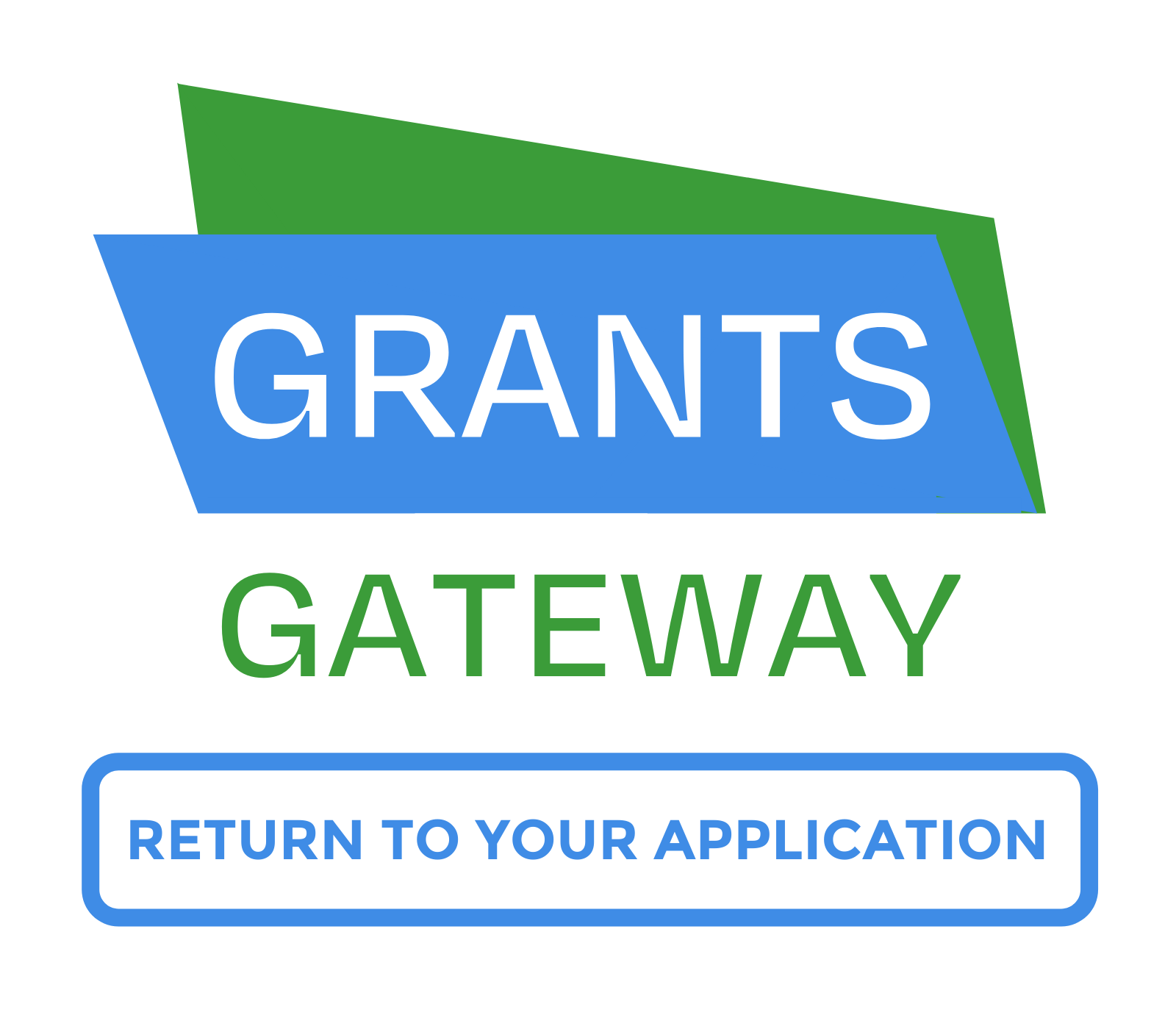Rebuilding Futures
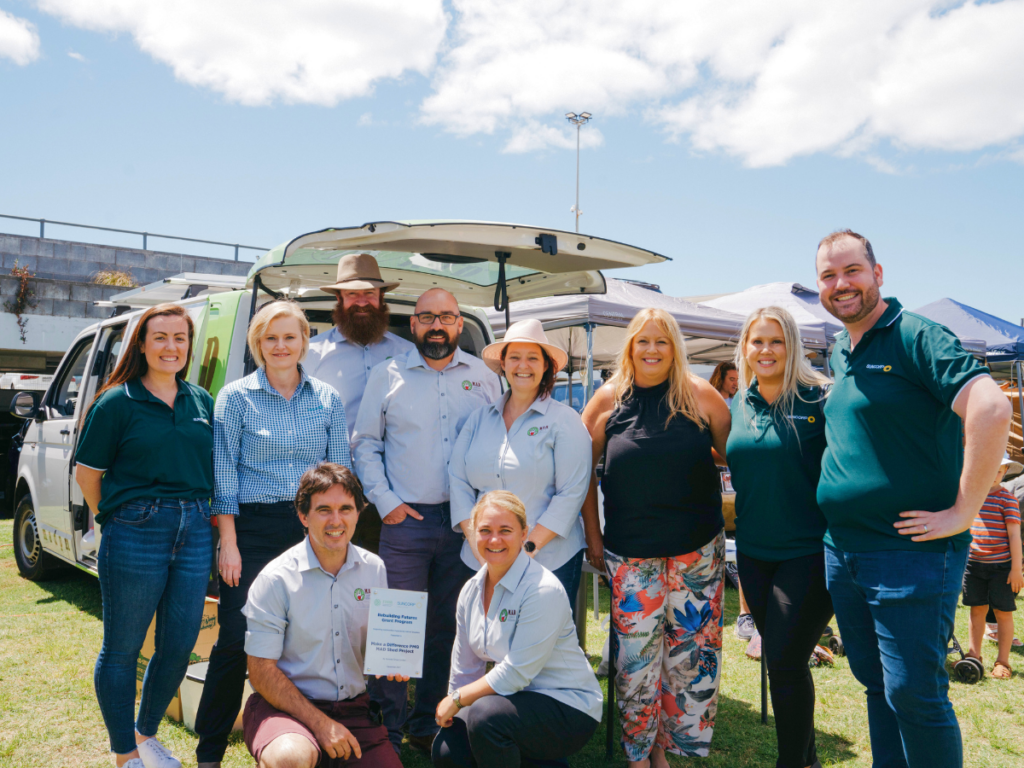
Rebuilding Futures is a responsive grant program, which will be activated from time to time to provide disaster recovery support for remote, rural and regional communities impacted by extreme weather events.
The program aims to support grants for local not-for-profit community organisations to undertake community-identified and community-led recovery activities that can strengthen resilience and enable projects for building back better to reduce the impact of future disasters on community wellbeing and physical infrastructure.
Round 4 of Rebuilding Futures is now open to support applications from eligible LGAs in the Far North, North Queensland, McKinlay and Western Downs communities impacted by Tropical Cyclones Jasper and Kirrily from December 2023 – February 2024 with grants up to the value of $20,000.
Proudly supported by Suncorp Group, a total of $300,000 is available for a wide range of projects and activities to support recovery, prevention and preparedness.
Proudly supported by

The 2024 program is now closed.
Funding announced by early November 2024
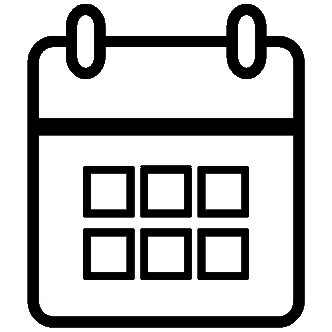
Recipient Announcements
How to apply
Please read the information on each of the three tabs below to make sure this is the right grant for your project.
If you want to explore other grant options, please go to Find Funding Now.
I have a question, who can I talk to?
Jane Crane
info@frrr.org.au
1800 170 020
Confirm you are eligible to apply for this grant
To make sure this is the right grant for your community, please read the grant information detailed in the Program Guidelines below carefully. Click on each headline to reveal the detail.
What are the program objectives?
The Rebuilding Futures program seeks to support communities to strengthen their resilience through long-term recovery from a significant natural disaster by undertaking community-identified and community-led recovery, prevention and preparedness activities for public benefit.
The Rebuilding Futures program encourages communities to build back better to reduce the impact of future disasters on community wellbeing and physical infrastructure.
Is this grant available in my area?
Round 4 of the program is for eligible communities in the Far North, North Queensland, McKinlay and Western Downs regions impacted by extreme weather events in late 2023 and early 2024.
How much funding is available? Are there priority areas?
In Round 4, $300,000 is available to fund recovery projects in an eligible remote, rural or regional areas with a natural disaster declaration from Tropical Cyclone Jasper commencing December 13, 2023 or Tropical Cyclone Kirrily commencing 25 January, 2024.
Grants of up to $20,000 will be made for applications that are clearly focused on supporting the medium to long-term recovery and resilience building of communities impacted.
What can be funded?
A broad range of charitable projects are considered under this program, including:
What can’t be funded?
There are several areas that we can’t fund through this program. If in doubt, please contact us.
Is my organisation eligible?
To apply, you must meet the following criteria:
Please note, you will be considered ineligible if the:
Gather information to support your grant application
Please read the information below to support the planning and preparation of your project. It also sets out what you MUST include for your project to be considered. There are plenty of helpful resources to support you along the way.
Please contact FRRR if you have any questions about the following information.
Your grant application MUST include:
Eligible legal entities
Every application needs to include an organisation that holds either an ABN or Incorporation Certificate. If your organisation doesn’t have that, FRRR may still fund the project but you need another organisation’s support, which we refer to as the ‘legal organisation’ (with your organisation being the delivery organisation). This situation often occurs when the organisation delivering the activity or project is a branch of an overarching organisation – such as a local CWA or YMCA branch. In this case, the CWA or YMCA would be the legal organisation.
Even though your organisation may complete the application (and will be doing the work), it’s the ‘legal organisation’s’ legal and financial information that needs to be provided. They also need to provide a letter of support, confirming they are willing to play this role, with a template available here for your convenience.
FRRR conducts a broad range of due diligence queries when reviewing applications, such as: reviewing current and past incorporation, DGR and ACNC status. If your organisation has happened to have their incorporation status, DGR status or ACNC status changed or ACNC registration revoked or voluntarily withdrawn, please let us know the reasons for this.
Applications from ACNC and/or unincorporated associations are required to submit their organisation’s Constitution.
Why is this important?
This program is only able to distribute funds to not-for-profit organisations with an ABN or Incorporation Certificate, and FRRR needs to know that the organisation with that ABN / Incorporation number understands and agrees to carry out their responsibilities in relation to your project, if successful.
Financial information
Applications received without the requested financial information are ineligible. Providing incorrect financial information is currently the most common reason why applications are not able to be considered. You must include the organisation’s:
- Annual income (total income in your financial year);
- Annual expenditure (total expenses in your financial year);
- Current assets (from your audited financials, or bank balance minus any debts).
Please note:
- Provide a brief explanation of any large financial surplus or current assets and reasons why FRRR funds are still required;
- If financial information is more than 18 months old, please provide an explanation as to why the organisation does not have more recent documents;
- Please explain any deficits and steps to sustain the organisation financially.
Please contact us if you cannot provide required financials or you are unsure about what to provide.
Why is this important?
FRRR uses this information to understand your organisation’s financial viability and ability to manage grant funds.
Project budget
You must include a project budget that clearly shows the items that FRRR grant funds would be used for and that also shows all income and expenses related to your project.
Budgets should be realistic and must add up – i.e. total expenditure must match total income.
Applicant contributions in cash or in-kind are highly regarded. Quotes or detailed rationale for items over $1,000 are required, where possible. Note: FRRR suggests costing unskilled volunteer labour at $45 per hour.
For more info on costing volunteer labour, visit:
https://explore.fundingcentre.com.au/help-sheets/valuing-volunteer-labour.
Why is this important?
A clear budget helps FRRR to understand the size of your project, exactly how FRRR funds will be spent and helps demonstrate community support for your project through in-kind contributions either from your organisation or partners / community members.
Helpful resources:
Supporting materials
FRRR strongly recommends that you provide supporting materials such as letters of support,evidence of permission from the property owner, community plans, survey results, photographs, media clips and research reports that can show broad community support and partnerships involved in the project. For more information on supporting documentation, watch this recording.
Large documents should be referenced and explained in the application.
Why is this important?
FRRR seeks to fund projects that are well-supported by the broader local community, are locally-led and delivered, show good partnerships and benefit multiple parts of the community. As FRRR is not always familiar with your community, our staff consider support material as evidence toward understanding the level of community need, benefit and support.
Helpful resources:
Clear project information
A clear description of exactly what the grant funds will be used for, when and where the project will happen, who will benefit and who will be involved in delivering the project, why the project and grant funds are needed, how funds will be spent and how the activities and success of the project will be recorded, evaluated and shared.
Where possible, we encourage you to make it really clear that your organisation is ready and able to deliver the project and, if required, provide ongoing support for the initiative.
Why is this important?
FRRR needs to clearly understand your project to assess its merits. Applicants should focus on addressing the what, when, where, who, why and how of the project, as this is the best way to clearly communicate the details of the project.
A ready community is best placed to achieve the aims of your project, so during assessment, our staff look for information that tells us that good leadership, skills and awareness exist in your community to support the project now and in the future.
Helpful resources:
Focus area
We have grouped the kinds of projects communities commonly ask us to help fund into seven areas, which we call the Activity Tree:
1. Building community resilience
2. Developing organisational resilience and capacity
3. Enhancing environmental sustainability
4. Fostering cultural vibrancy
5. Lifelong learning and education
6. Economic strength
7. Improving community health and social wellbeing
We ask you to nominate one of those seven areas when you apply. So, before you lodge your application, download the Activity Tree to help you identify your focus area.
Why is this important?
FRRR makes grants to communities, but we also need to be able to demonstrate to our funding partners where communities need support.
Need some more help?
We have a large selection of resources on our Grantseeker Resources Page to help you along the way.
Submit your grant application via the Grants Gateway
The 2024 Rebuilding Futures program is now closed.
Please contact FRRR if you have questions about any aspect of the Grants Gateway online application form.
Helpful resources:
It is time to submit your application. If it is helpful, you can download a sample copy of the application form.
Before you submit your application via the online Grants Gateway, please ensure you have:
Please read the instructions on how to use the Grants Gateway How-to Guide and have your questions answered with our Grants Gateway FAQs.
If you have significant issues accessing a stable internet connection, please contact our team to discuss an alternative way of applying:
Ph: 1800 170 020 or Email: info@frrr.org.au
“When we got the FRRR grant, it took so much pressure off us as a charity – we hadn’t been able to run a fundraising event in nine months, and we couldn’t see a way out of COVID-19. The grant allowed us to continue our plan for our projects and support our flood and fire affected community.”
Erin Denham, Make a Difference Port Macquarie
Inspiration – Past projects
Explore some of the projects we’ve previously funded to see how other organisations have helped their community thrive.
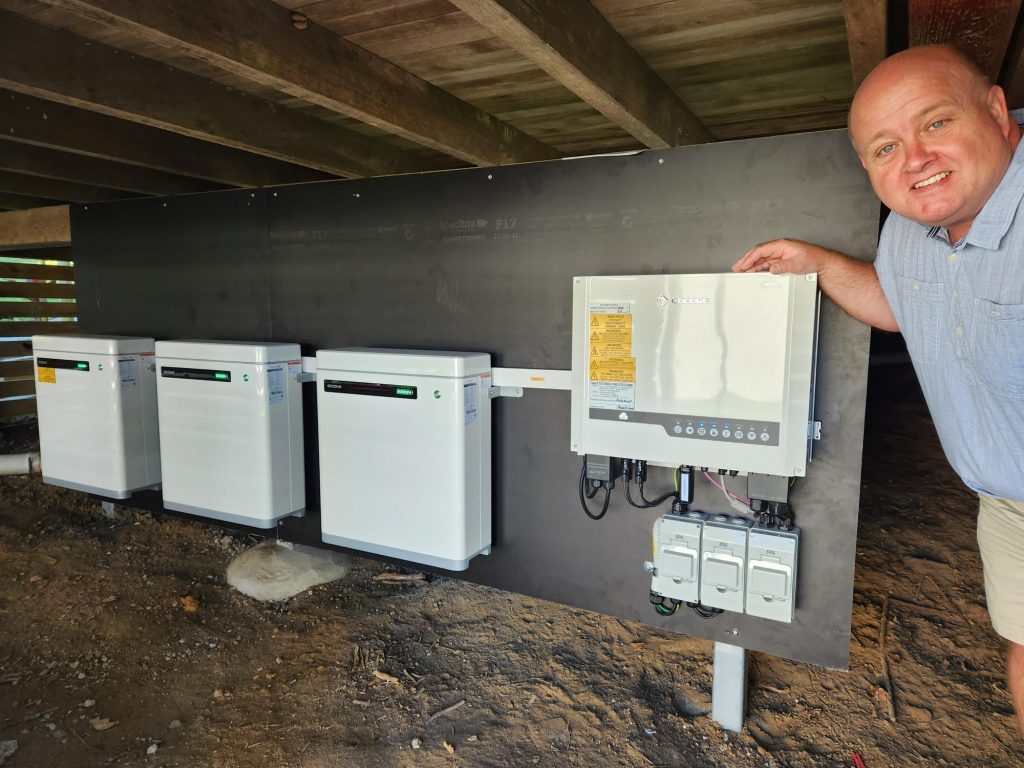
Preparing for future disasters
After receiving $25,000 through the Rebuilding Futures program, funded by the Suncorp Group, the Mooloolah Valley Community Centre has a solar battery pack, which has been installed securely, so they are ready for any future disasters or power outages.
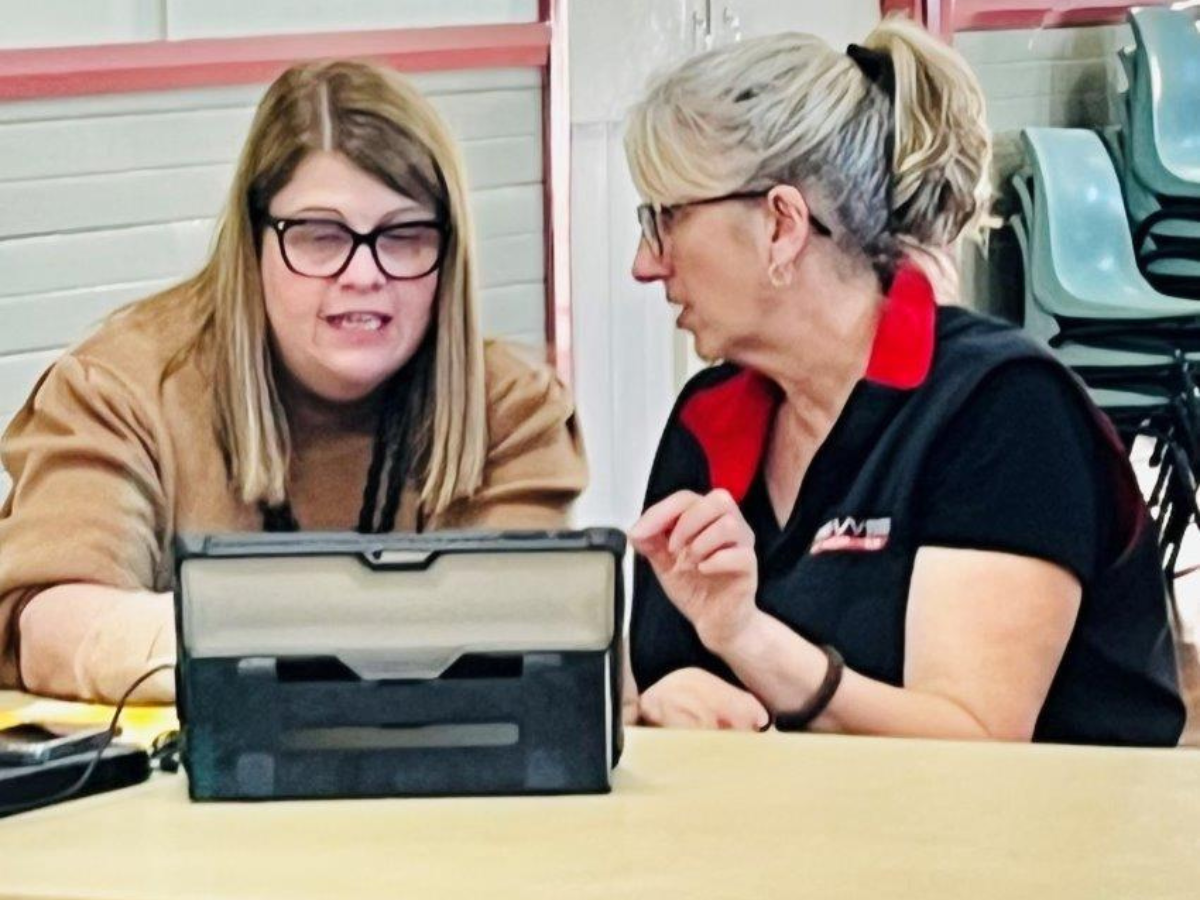
Hawkesbury’s tech connect project
The Hawkesbury City Council received a $14,836 grant through FRRR’s Rebuilding Futures program, funded by Suncorp Group, to install accessible technology in community hubs across four remote areas of the Hawkesbury that were impacted by natural disasters.
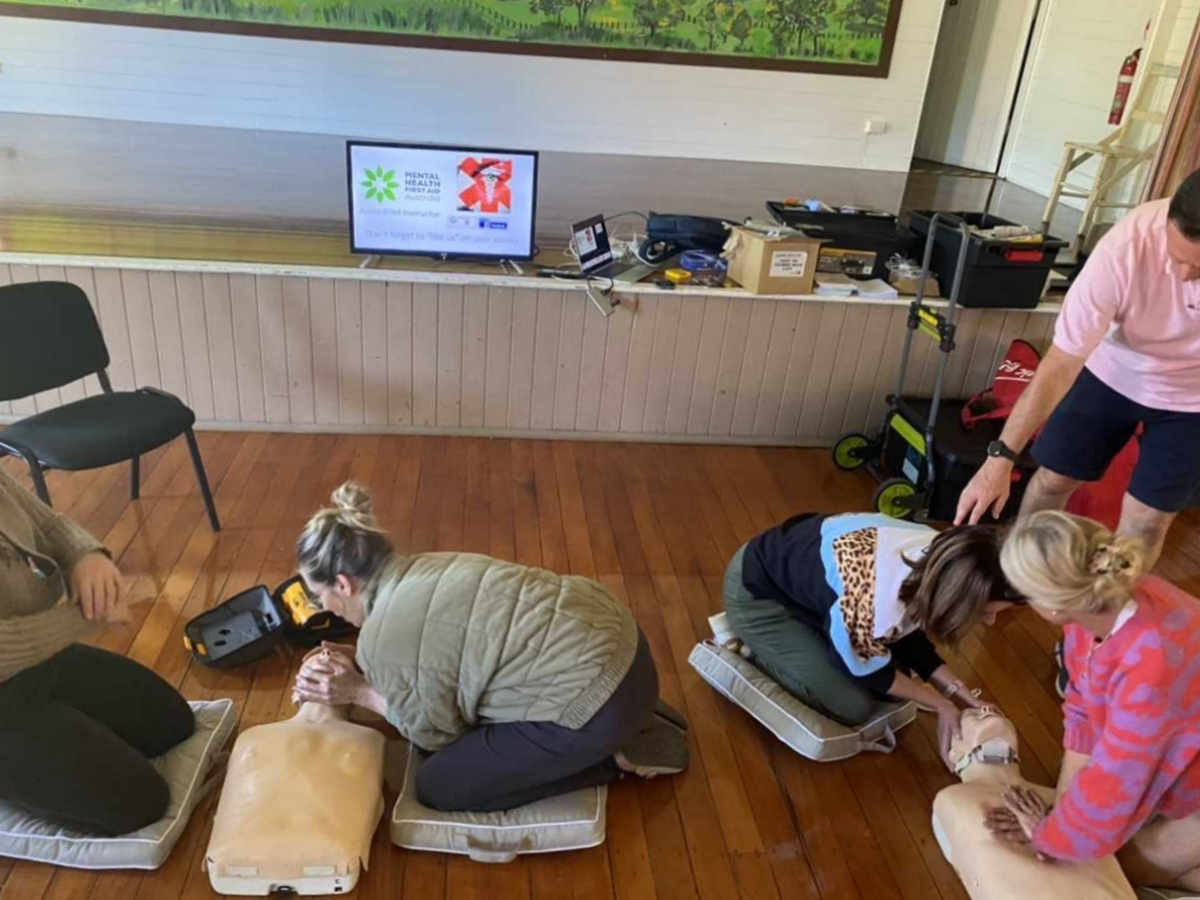
Disaster ready in Kin Kin
Kin Kin in QLD can now better withstand the impacts of future disasters, thanks in part to a $25,000 Rebuilding Futures grant from Suncorp Group. Flooding in February 2022 was the catalyst for the group to furnish and equip an Emergency Response Hub.

